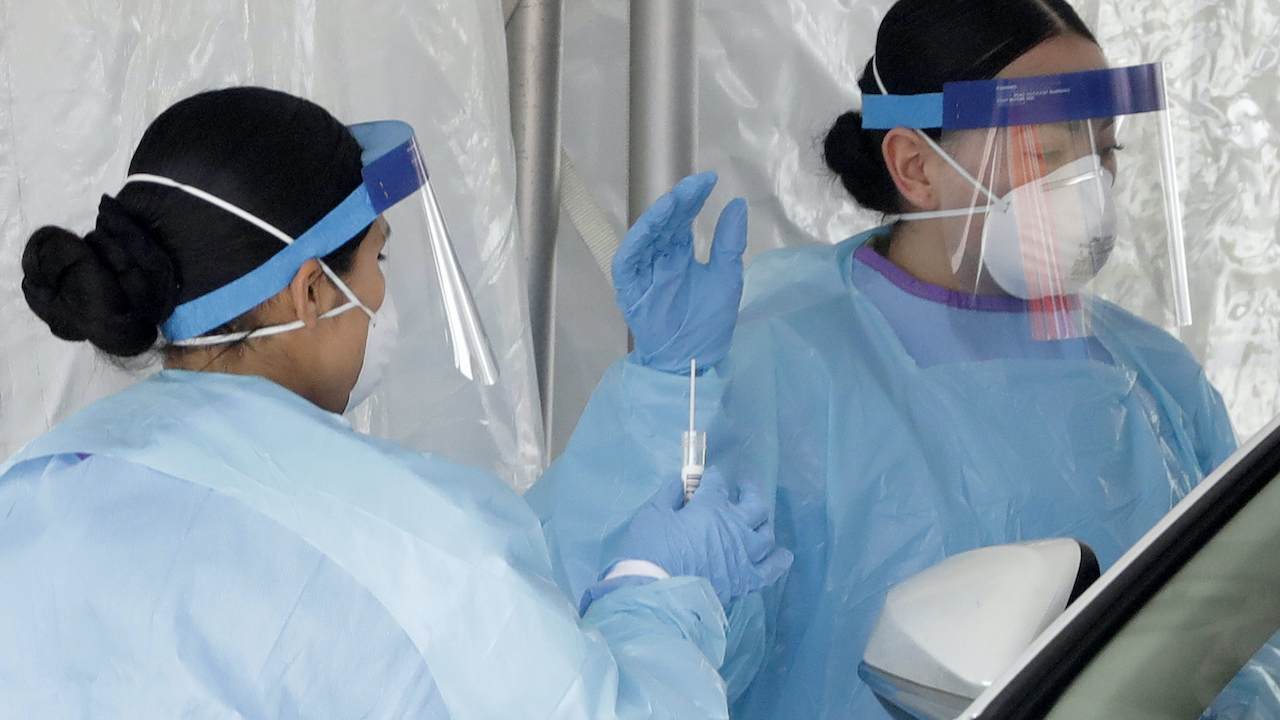
A couple of German studies published Monday revealed that COVID-19 patients can suffer long-term heart damage, even for those who no longer experience symptoms.
Two studies from Germany, included in the journal JAMA Cardiology, suggest how the virus can stay in the heart for months, even in those who don’t experience any of the typical symptoms.
One study included 100 patients with coronavirus from the COVID-19 Registry of the University Hospital of Frankfurt. The patients were adults in their 40s and 50s with no underlying health conditions.
All patients had MRIs of their heart two to three months after they tested positive for the disease, a period of time in which the participants were supposed to be recovered. The researchers compared these images with people who had never had COVID-19.
Of the 100 patients in the study, 78 still had clear visual signs that the virus had an effect on their hearts. Of those affected patients, 60 showed signs of recurrent inflammation of the heart muscle. Many of these findings were consistent with patients with myocarditis or pericarditis.
Myocarditis is inflammation of the heart muscle. Red Sox pitcher Eduardo Rodríguez revealed Sunday that he suffered from the disorder as a result of the virus.
Slightly less severe pericarditis is the swelling and irritation of the pericardium, the thin, sac-like membrane that encloses the heart. Both can occur as a result of a viral infection like the virus and can severely weaken the heart.
“That is really compelling,” Dr. Clyde Yancy, chief of cardiology in the department of medicine at Northwestern Medicine in Chicago, told NBC News. “It indicates that months after exposure to COVID-19, we can still detect evidence of a heart that is not completely normal.”
The second study included 39 autopsies of people who died from the virus. The patient group for this study was older, with elderly victims with an average age in the 1980s. The researchers found evidence of the virus intermingled in heart tissue in 24 of the 39 patients.
Even more terrifying: Five of the affected patients showed signs that the virus was replicating in heart tissue, meaning that the virus’s cells were still spreading throughout the organ.
The heart is not the only organ other than the lungs believed to be the target of the virus. In early July, neurologists in the UK published a study that found that COVID-19 can cause potentially fatal brain disorders.
The CDC has not added heart inflammation to brain inflammation to its official list of COVID-19 symptoms, although they do warn that the site does not include all the symptoms an infected person might experience.
.